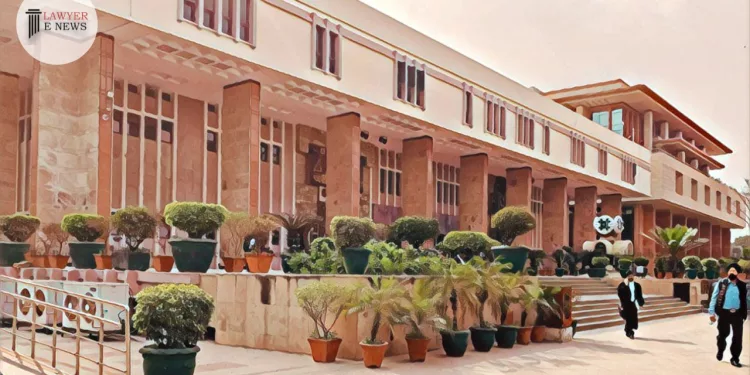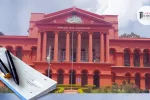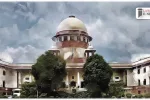POCSO Cases Cannot Be Settled Through Mediation: Delhi High Court Upholds the Sanctity of Legal Proceedings in Protection of Minors

In a significant judgment, the High Court of Delhi, led by Hon’ble Ms. Justice Swarana Kanta Sharma, underscored that cases under the Protection of Children from Sexual Offences (POCSO) Act involving serious allegations of sexual abuse against minors are not suitable for mediation. The Court emphasized, “Allowing such serious and grave offences to be settled through mediated agreements… would amount to trivializing the gravity of the offence,” highlighting the non-compoundability of these serious offences. [Para 27, 66-67]
Brief on Legal Point of Judgment:
The Court examined the inappropriateness of mediation in POCSO Act cases and the procedural errors in handling such cases. It reaffirmed the principle that offences under the POCSO Act, due to their gravity and impact on minors, are beyond the ambit of mediation or compromise. [Para 19-28]
Facts and Issues of the Case:
The writ petition challenged the withdrawal of a POCSO Act case against the petitioner’s brother-in-law, accused of sexually assaulting the petitioner’s minor children. This withdrawal was based on a mediated settlement between the petitioner and his estranged wife, the children’s mother. The Court scrutinized the legal and ethical implications of using mediation in such serious criminal matters involving minors. [Para 1-18]
Court Assessment:
The Court criticized the procedural missteps in the case, where a Special Court referred the POCSO matter to mediation, allowing the complaint’s withdrawal post-settlement. This process was deemed contrary to legal norms governing POCSO cases. [Para 28-40]
Additionally, the Court expressed concerns about misusing legal provisions in matrimonial disputes, cautioning against re-opening old wounds of children for personal grievances. [Para 49-56]
Decision: Considering the extensive delay in filing the petition, lack of a satisfactory explanation for this delay, and the potential impact on the children involved, the Court denied the relief sought for quashing the earlier order and revival of the POCSO Act complaint. [Para 57, 71]
Date of Decision: March 7, 2024
Rajeev Dagar v. State & Ors.






